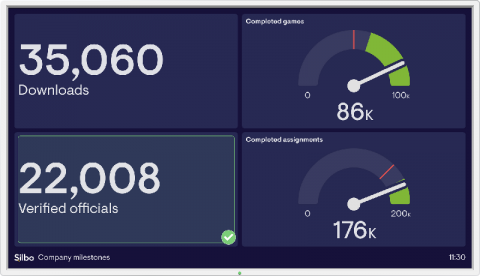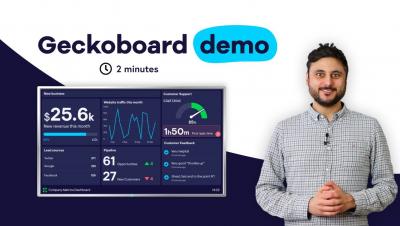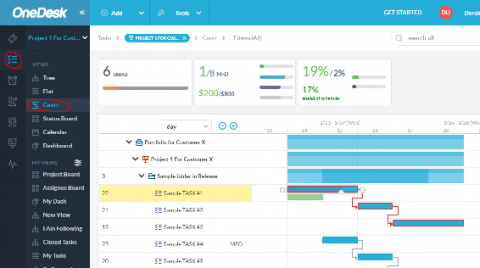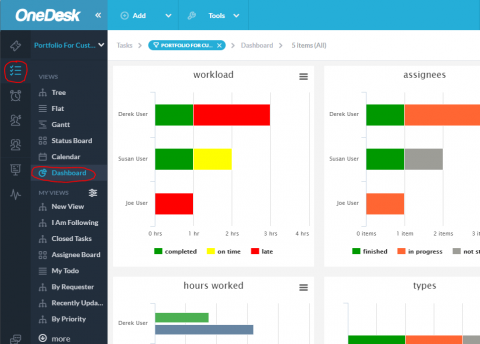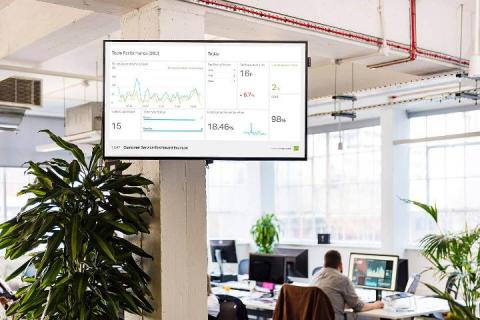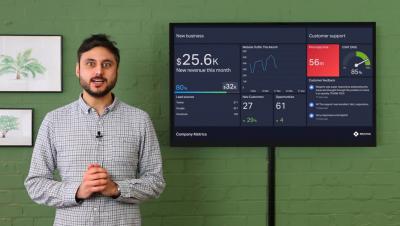5 dashboard examples with very different approaches for tracking company performance
As your company grows, and departments become more specialized, teams can lose sight of overall performance. A dashboard is a great way to present the “pulse” of your business, and keep your team in the loop. Plus, it saves you from creating reports, which are often overlooked or out of date by the time people read them. But what aspects of company performance should you and your team be tracking?


